Cancer patients – the other victims of Yemen's war
-
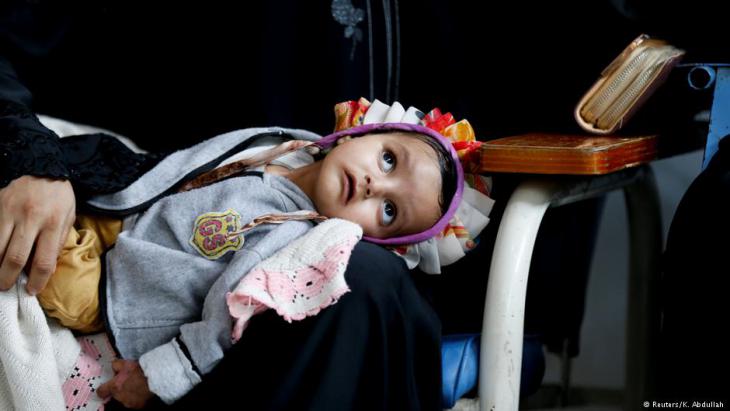
-
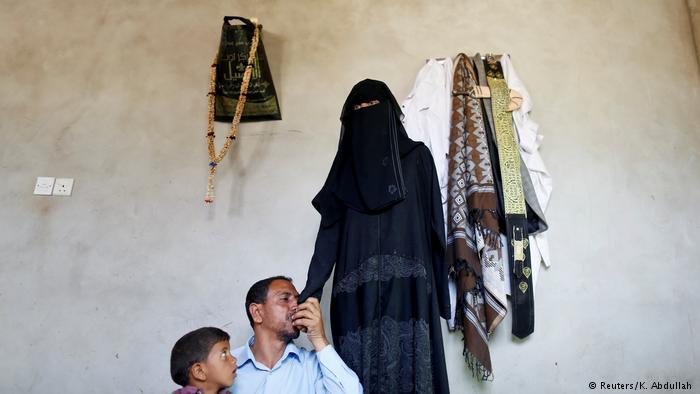
Expensive treatment: Khaled Ismael kisses the right hand of his daughter Radhiya. The 17-year-old cancer patient's left arm had to be amputated. The father could not afford better treatment, although he sold what he could and even borrowed money: "The war has destroyed our lives. We couldn't go abroad, so my daughter didnʹt receive the treatment she needed" -
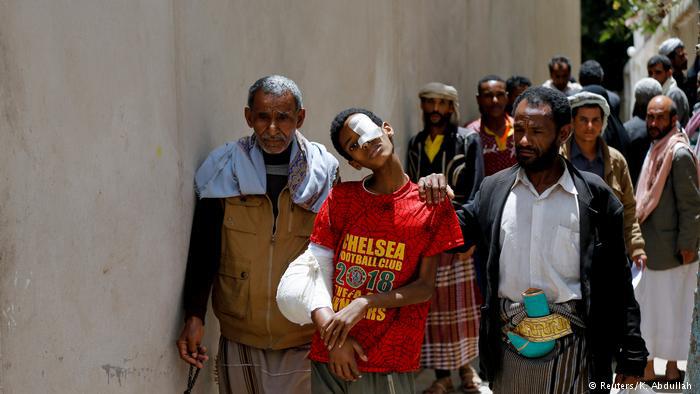
No government support: Yemenʹs National Oncology Centre in Sanaa has not received any government support for two years. The cancer centre is now financed through international organisations such as the World Health Organisation (WHO) and donations from charities and business people -
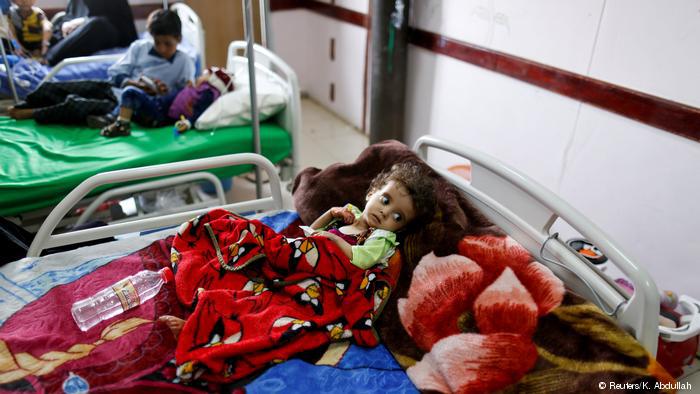
Only for children: the few beds available in the cancer clinic are reserved for children. The centre admits about 600 new cancer patients every month. Last year, however, the facility only had one million dollars to spend on treatment -
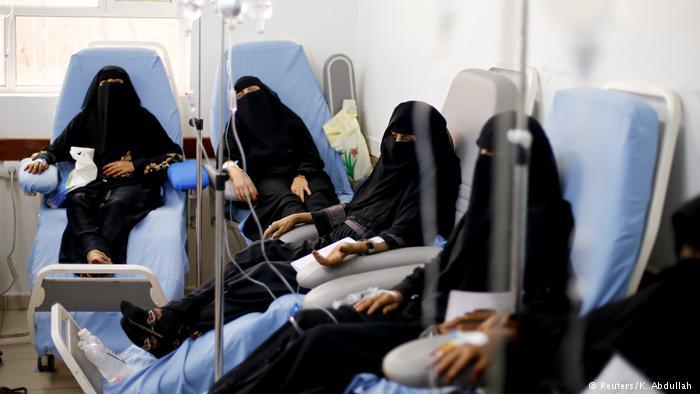
Cancer therapy in the waiting room: adult patients at the cancer clinic are treated intravenously – on rickety camp beds or in the waiting room. Before the war, the centre received approximately $15 million a year in support and was even able to provide cancer drugs for other clinics in Yemen -
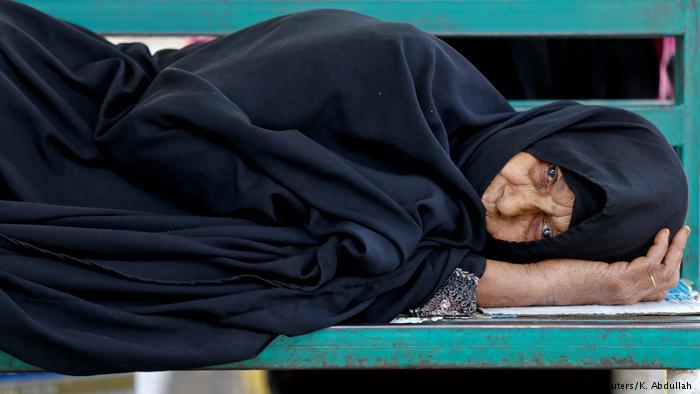
Lack of relief supplies: a patient waits for her treatment at the cancer clinic in Sanaa. But there is a dearth of medical supplies in Yemen. The Saudi-led military coalition has severely restricted air and sea links. This was intended to stop the delivery of weapons to the Houthi rebels, who control large parts of the country and the capital -
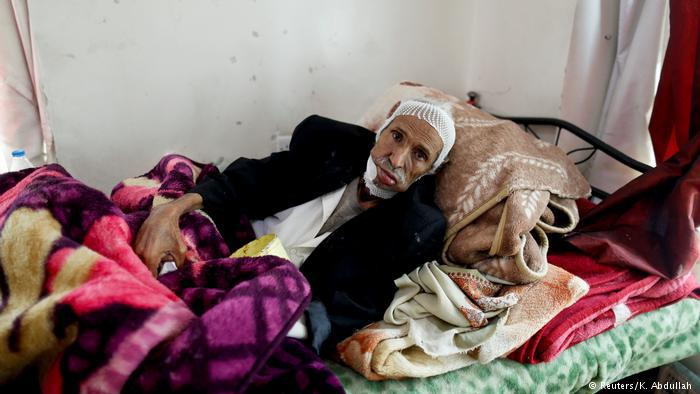
Too few doctors: Ali Hizam Mused, 70, has a tumour in his mouth. An aid organisation in Sanaa provides him and other cancer patients with shelter. There is not only a lack of beds, but also of doctors. Medical personnel are hard to find in Yemen. Moreover, many people cannot afford treatment -
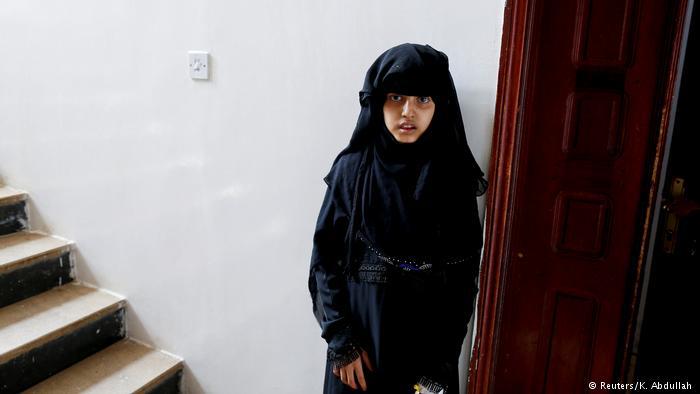
Humanitarian crisis: Fourteen year-old patient Amena Muhssein Owaid stands in a home for cancer patients run by a relief organisation. Millions of people in Yemen are at risk of malnourishment and diseases such as cholera, diphtheria and malaria. According to UN estimates, 50,000 people have already died as a result of the war
https://qantara.de./en/node/26433
Link
To all image galleries
